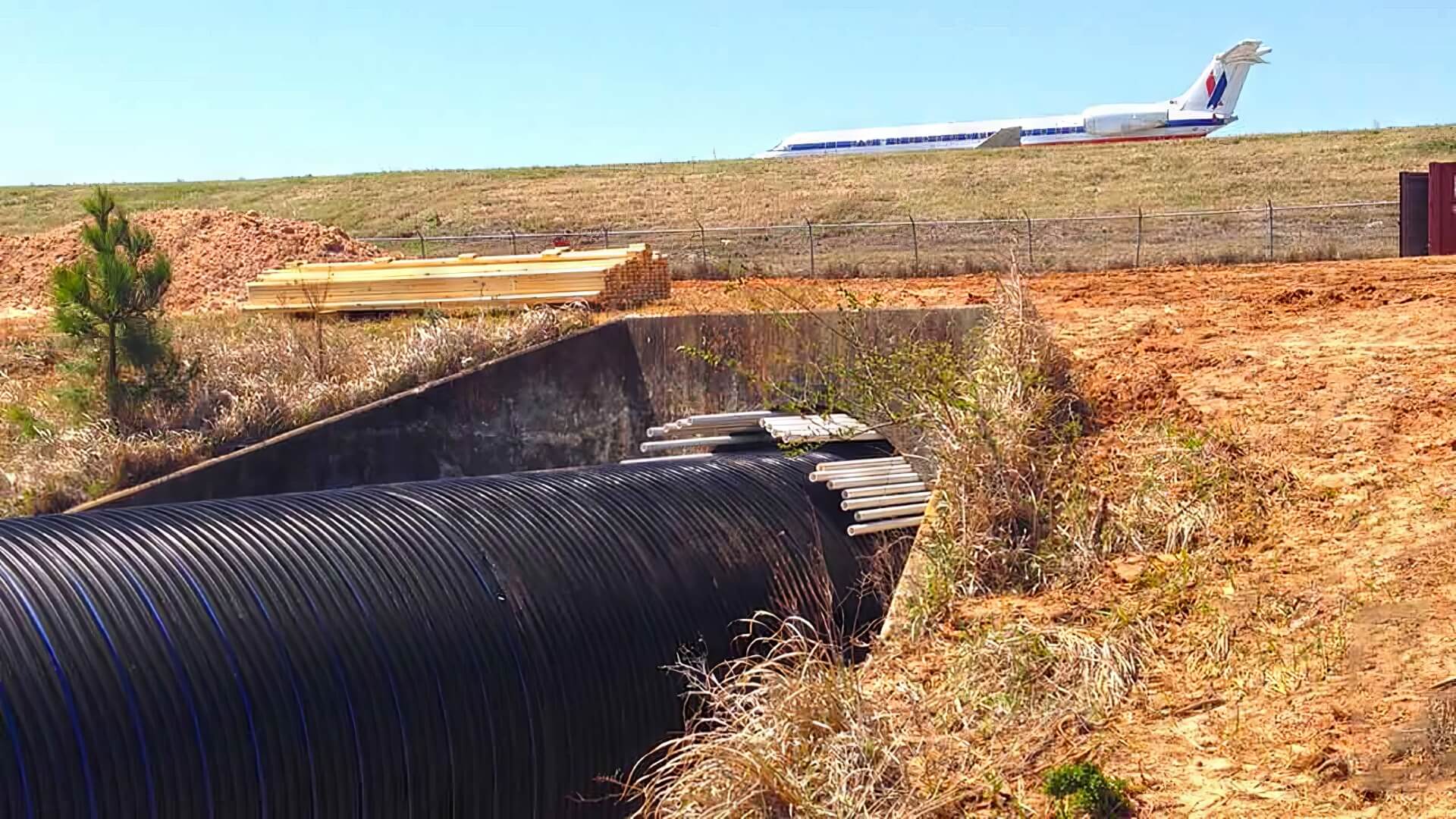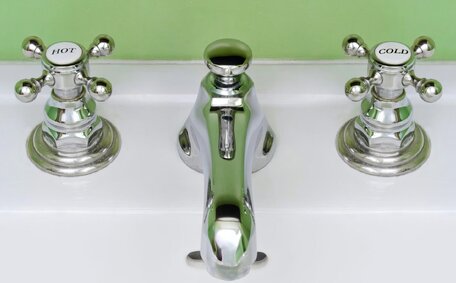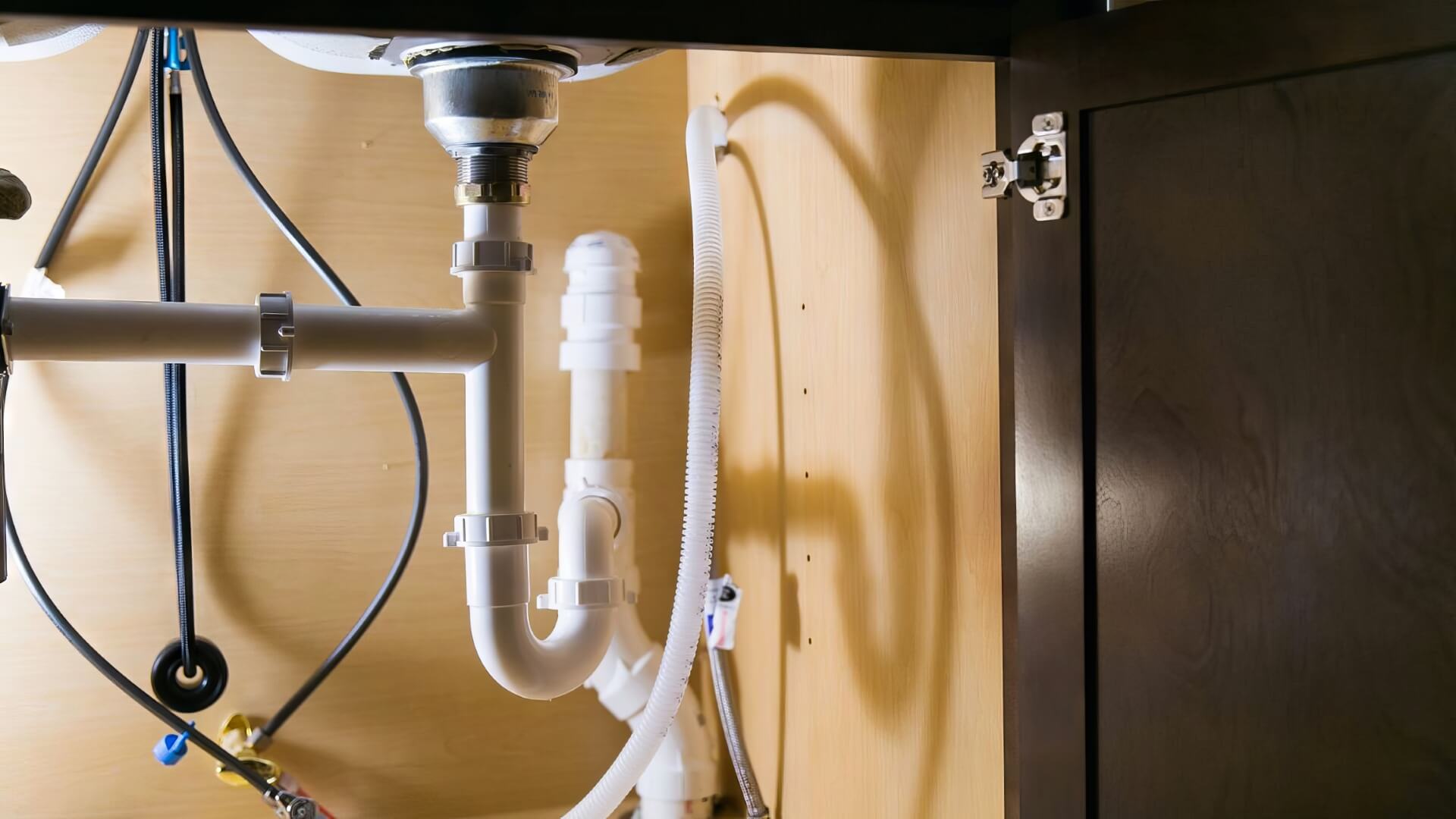
Does Pipe Relining Increase Property Value?
Pipe relining fixes damaged pipes without digging or replacement. It prevents leaks, damage, and improves drainage. This increases property value and saleability for under $2000.
Read MoreBlocked drains can significantly disrupt both residential and commercial plumbing systems. Understanding the main causes of drain blockages is crucial for homeowners to prevent and address these issues effectively. Experts identify common elements causing drain blockages to include:
Improper disposal of items such as wet wipes leads to them becoming ensnared in drains, presenting significant clogging risks.
Proper waste disposal practices are essential to preventing potential drain blockages. However, enlisting professional drain cleaning services is often the most efficient solution to handle blocked drains effectively.
Many common household items can infiltrate drains and pipes, causing obstructions and aggravating blockages. The most common household items leading to blocked drains are:
Informed homeowners who heed early signs, such as grease or food build-up, can take proactive measures to prevent severe blockages. Avoid pouring grease fat down drains, install drain screens and refrain from flushing inappropriate items. Conducting a professional drain inspection with a drain camera can accurately identify emerging issues early on.
Flushing items like baby wipes and sanitary pads down the toilet can severely damage plumbing systems. Once submerged, such products neglect to break down, potentially igniting a stubborn plumbing problem in the pipe network. Their synthetic materials coalesce while traveling through drains, leading to clogs at joints, bends, and fissures.
Being non-biodegradable, wipes and sanitary items accumulate over time within the drainage system across the region. Debris accumulation can seriously restrict water movement, leading to persistent clogs in the drainage system. Bathroom basins might overflow with soiled water, lavatories may gush forth, and undesirable leaks might emerge, causing structural damage once the problem becomes critically clogged.
Insistent flushing only exacerbates the problem, forcing bulkier aggregations down your main sewer lines, in stark contrast to the most effective plumbing solutions. Instead of persistent flushing, immediately contact professional drain experts for assistance. Specialist tools like an auger drain device and water jets, along with CCTV pipe inspections, can relieve these distressing clogs and spot areas requiring mending.
Hair, soap scum, small toys, and other minor objects often clog drains, a problem usually overlooked until it becomes serious. Though innocuous in isolation, these items combine to cause more than major residential plumbing headaches over time.
As they travel through pipes, loose debris can build up at bends, joints, and cracks in ageing sewer lines. Accumulated debris behind obstructions impedes water flow, leading to blocked drains and backups.
To adeptly fix your plumbing issues, Leichhardt Plumbing professionals can dislodge obstructions often hidden behind walls and under floors. Specialised tools like a high-powered water jetter and CCTV drain inspections are necessary to locate and remove all trapped debris.
To alleviate the effects blocked drains have, vigilance is key - keep basins uncluttered and implement blockage prevention strategies, as well as teaching youngsters about correct bathroom habits.
It’s vital to prevent the accumulation of grease, fats, and food scraps, a leading cause of blocked drains in residences and businesses. As cooking oil, butter, meat fats and scraps from plate scraping make their way down, they adhere to pipe interiors and eventually cause blocked drains. Upon cooling and solidifying, these fatty deposits form a residue that coats the insides, and such buildup can notably constrict the pathways through which water flows.
Additionally, food particles flushed down the sink by children can lodge in pipe fissures and worsen blockages. Over weeks and months, the buildup impedes water flows, eventually blocking drains completely. Backups into your sinks or foul water bubbling out of the shower drain often signal these unpleasant grease-related clogs.
Residential tenants and café owners across Leichhardt can take action by refraining from pouring oils down the sink. Wiping pots and capturing food waste for composting is advised. Nonetheless, some buildup is often unavoidable as substances go into your drains, necessitating routine cleaning biannually with high-pressure jetting equipment.
For commercial kitchens, grease traps must be installed correctly, sized appropriately, and cleaned out regularly. Restaurant operators failing to follow City of Sydney council grease trap regulations face heavy fines if grease emissions from their premises wind up blocking neighbourhood drains.
There are multiple evident indicators that professionals seek, which suggest a blockage where water drains slowly in Leichhardt homes and businesses:
Blocked drains are characterized by reduced water pressure, decreased flow rates, noise, visible backups, and foul odours. These occur as water struggles to bypass accumulated debris, grease or compressed objects wedge in pipes. Catching issues early allows quicker, less invasive drain clearing so insist Leichhardt Plumbing investigate any changes in drainage performance.
When faced with a minor household drain blockage in Leichhardt, there are some safe DIY methods that can be attempted before calling a professional:
However, it is time call in a plumber for professional assistance If your pipes start to suffer damage from excessive use of chemical drain cleaners. Call a plumber as soon as possible if DIY methods fail to clear the drains or if water continues to back up, signifying a severe blockage that might require specialist jetting or CCTV intervention.
Calling in professional help from your local trusted plumber like Leichhardt Plumbing is advised when confronted by several drain scenarios:
Available 7 days week, our experienced team in the Leichhardt area is thoroughly equipped for using advanced drain cleaning technology and CCTV drain inspection apparatus. Contact our professionals 24/7 on 1300 349 338 or [email protected] for reliable assistance rectifying blocked drains.
Identifying signs blocked drain early on is crucial; there are several proactive steps homeowners and businesses in Leichhardt can undertake to prevent frustrating blockages:
Installing drain guards at various outlets helps intercept hair, food remnants, and other material before they enter the pipes, preventing blockages. Guards, including those in stainless steel, nylon, or designs where hair can be easily caught, are on offer.
Avoid pouring fats, oils and grease residue from pans down your sink. Wipe out cookware using paper towels for disposal instead. Equally, properly disposing cat litter instead of flushing it into drains is beneficial.
Ensure to avoid the consequences when children flush their too much toilet paper, wet wipes, tissues, cotton buds and other unsuitable materials down your toilet. Educate children on proper drain usage and place bins in bathrooms.
Engaging in annual professional drain inspections and maintenance ensures that grease accumulation is cleared and potential pipe predicaments are identified before your blocked drain escalates. Leichhardt Plumbing offers reliable 6 or 12 month maintenance plans to match drainage usage levels.
Following these simple, preventative steps will help minimise the risk of frustrating blocked drain incidents. Contact our team at Leichhardt Plumbing on 1300 349 338 for professional assistance tailoring a drain maintenance plan for your home or business.
Pipe relining fixes damaged pipes without digging or replacement. It prevents leaks, damage, and improves drainage. This increases property value and saleability for under $2000.
Read MoreThe efficiency of your hot water system can be impacted by various environmental factors. Proper insulation, temperate climates, and appropriately sized systems lead to enhanced efficiency, lower energy bills, and reduced emissions. Compare different hot water systems and learn tips to maximise efficiency.
Read MorePipe relining is the most effective way to permanently solve bad sewer smells without the need to dig trenches or damage your property. Our trenchless pipe repair specialists use specially designed pipes to reline your old, damaged pipes. This stops cracks and leaks that let sewage smells flood your home.
Read MoreLeichhardt, 2040 NSW
We will call back as soon as possible.




